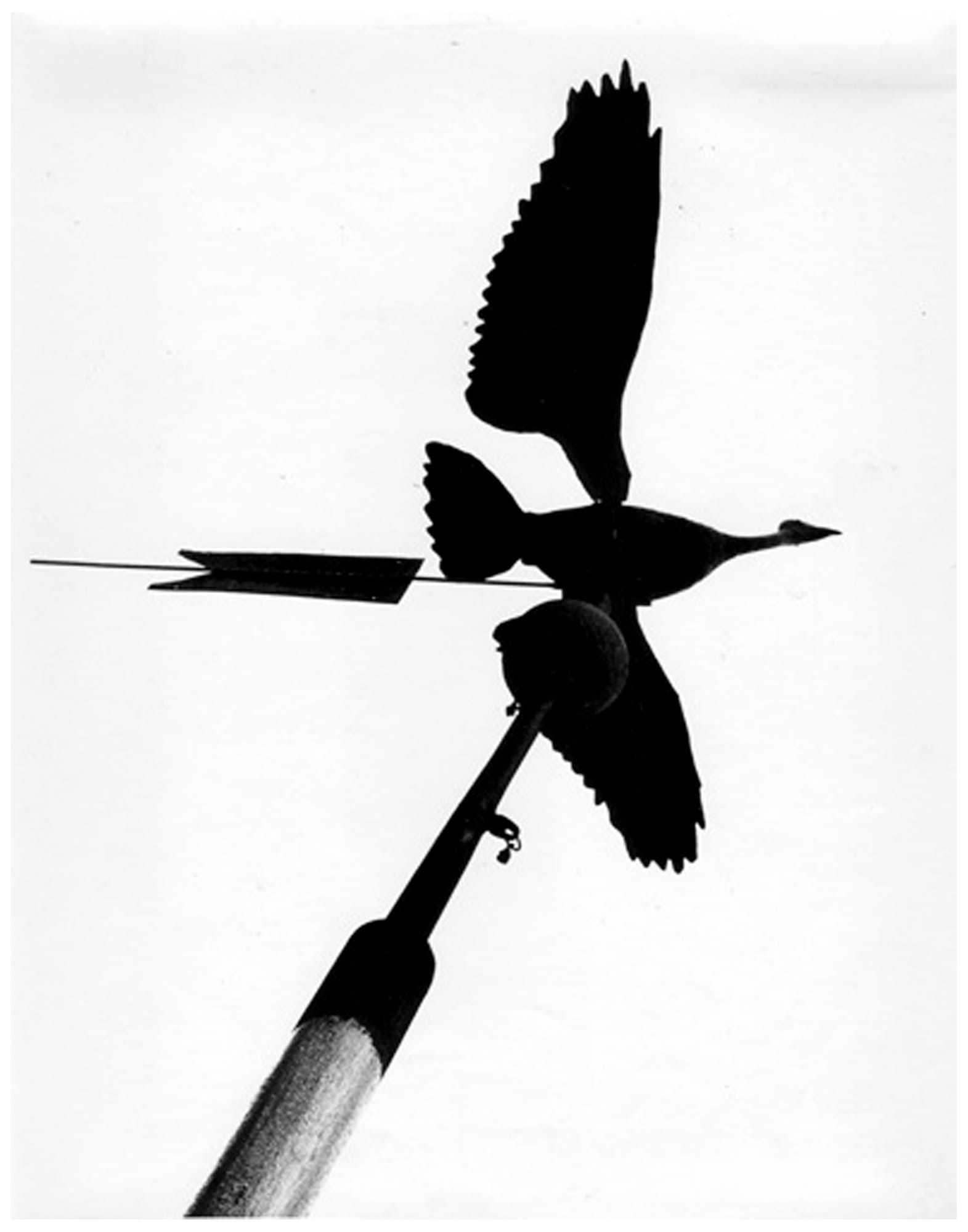Poetry by Malcolm Glass
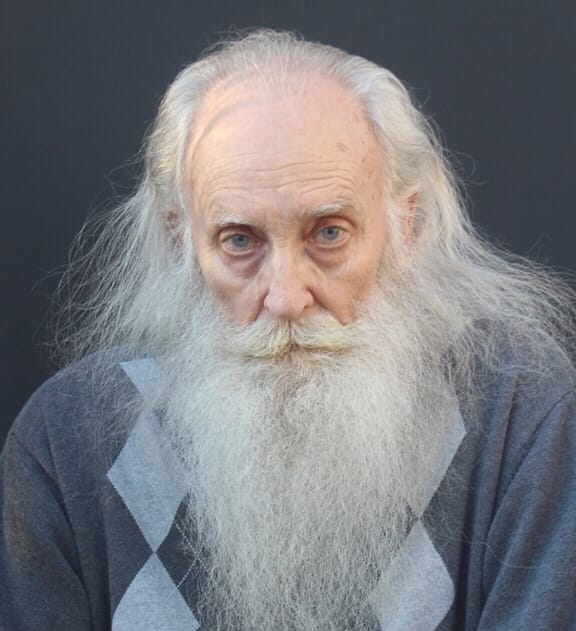
Poems by Malcolm Glass have been published in many journals, including Poetry (Chicago), Nimrod, The Sewanee Review, High Plains Literary Review, The Laurel Review, and Prairie Schooner. He is a retired professor of creative writing and former editor for Zone 3 and Cumberland Poetry Review. Glass has published seven books of poetry and several books on the craft of writing. His newest book, Her Infinite Variety, is a collection of poems, stories, and plays celebrating women. Heinemann published his guide to writing poetry, Important Words (with Bill Brown), and he is the author of a half dozen books published by Scholastic Books. His books of poetry include Bone Love, In the Shadow of the Gourd, The Dinky Line, Malcolm Glass: Greatest Hits, and Mirrors, Myths, and Dreams.
Four Ekphrastic Poems & Accompanying Photos
Appalachia
Clots of clouds drift across the panes,
rain-spattered, streaked rusty pink,
like blood-mist sinking into the chalices
of maroon tulips busting through April
in a charmed ring circling the bird bath
dead center in the yard of a double-wide.
A barking truck horn scatters vultures
in a squall-gust of wings, as they flee
the deer carcass behind the Church
of the Eternal Rock of Jesus and God's
Holy Tongues. The signboard leans
roadward, plastic letters in the ditch.
The mumbling creek behind Barton's
rattle-board barn runs thick and clear
under the swinging bridge, rope-slung
bank to bank, the only way to the house,
with its white siding splotched with algae.
Out back a Plymouth hunkers down,
the windshield, glazed dull pearl, still
shelters a dead odometer, a frozen
gearshift lever, and the ghost of a hand
gripping the steering wheel in a dream
of driving, driving in desperate search
for a way out of this broken hollow.
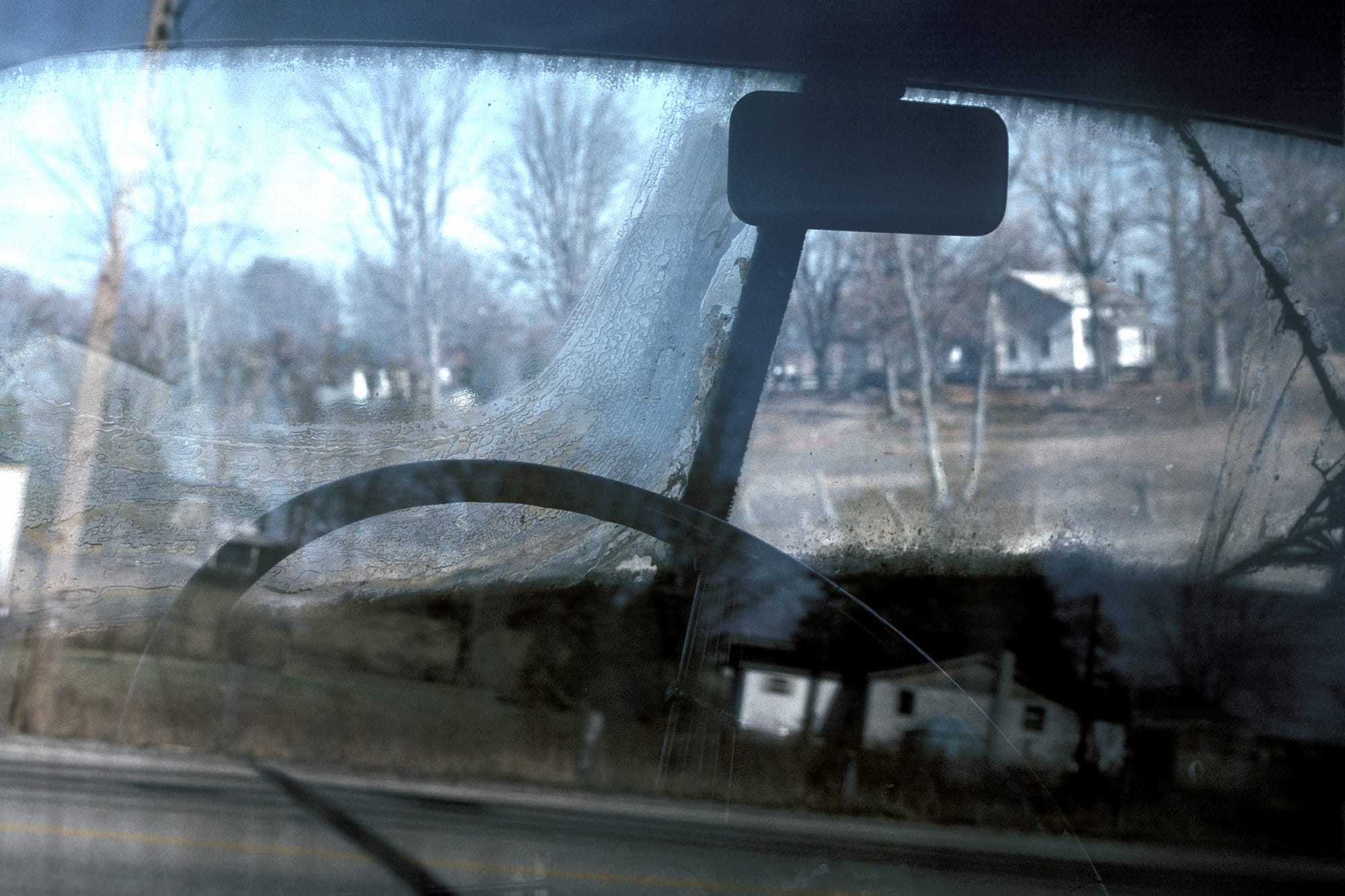
Country Boy
Country Boy smiles, saying
he loves you and so does
God, who created him
to be a tutelary creature
of these farmland roads.
His tail is white and gray
and his thick coat, mottled
black, orange, like his world—
the fallen leaves, tree bark,
the dry shadows at his feet.
He stands expectant, but
knows he has no need to bark,
as he waits for a friendly word,
a pat on the head. His eyes say
he loves being God’s kindly guard.
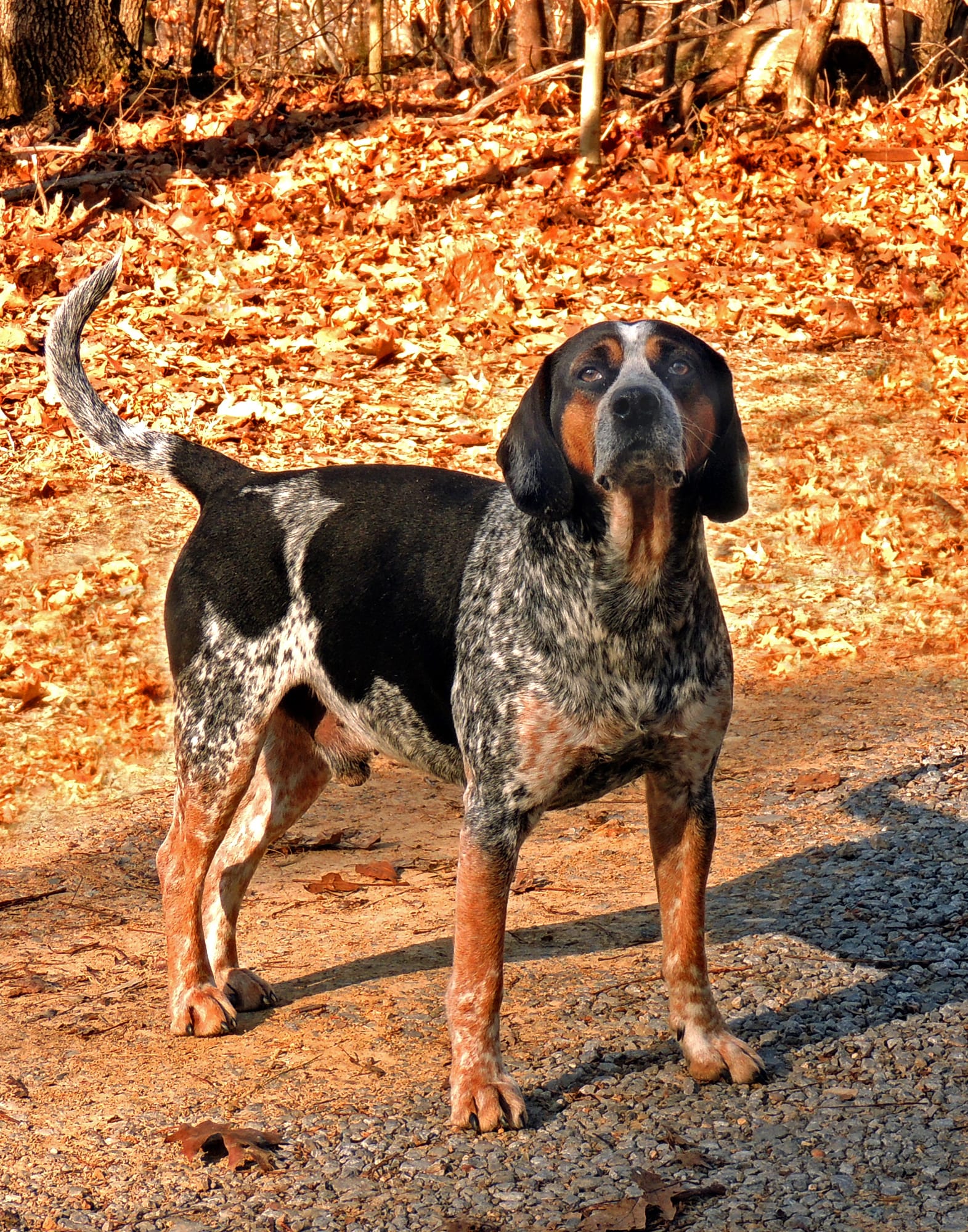
Nowhere House
Wind rounds the corners, carrying
a strained melody, like a whining
music box on the chestnut dresser,
pale in decades of white dust.
A rolling pin lies on a shelf in the pie
safe, breathing damp air through
star patterns Aunt Ruth punched
with nails into the rust of tin doors.
Thirsty recluse spiders, still as dead
breath, cling to the ceiling in their stringy
gauze webs, living by water, by dusty
pine boards, by their deadly sting.
I hold these sun-bleached snapshots
of my imagination and shuffle through
them again, again, looking for a vivid
dream the images want to give me.
Perhaps this house is looking too,
for that one story it has to tell, of the man
who loved unto death his faithful
Ruth, who killed spiders with his shoe.
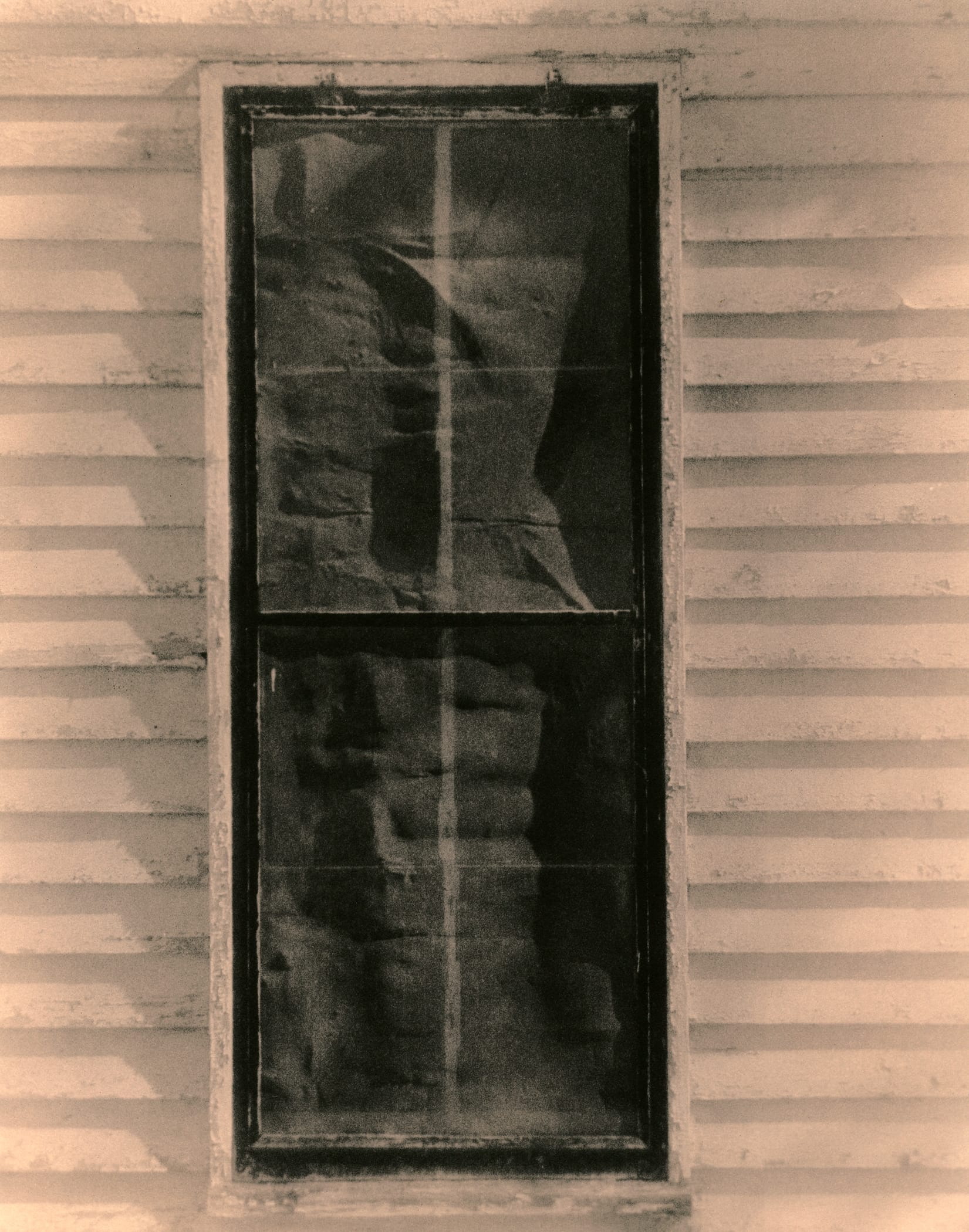
E. T. Wickham’s Weathervane
The black iron vulture flies true
to the winds. Tanner Wickham
made him so. The bird presides
over Palmyra and E.T.’s farm,
bringing news of how winds
shift, how clouds amble or fly
to the horizon and back,
day and night, as the earth spins
and casts spells and fortunes,
oracles unspoken, unknown
to Wickham, vultures, or the wind.
